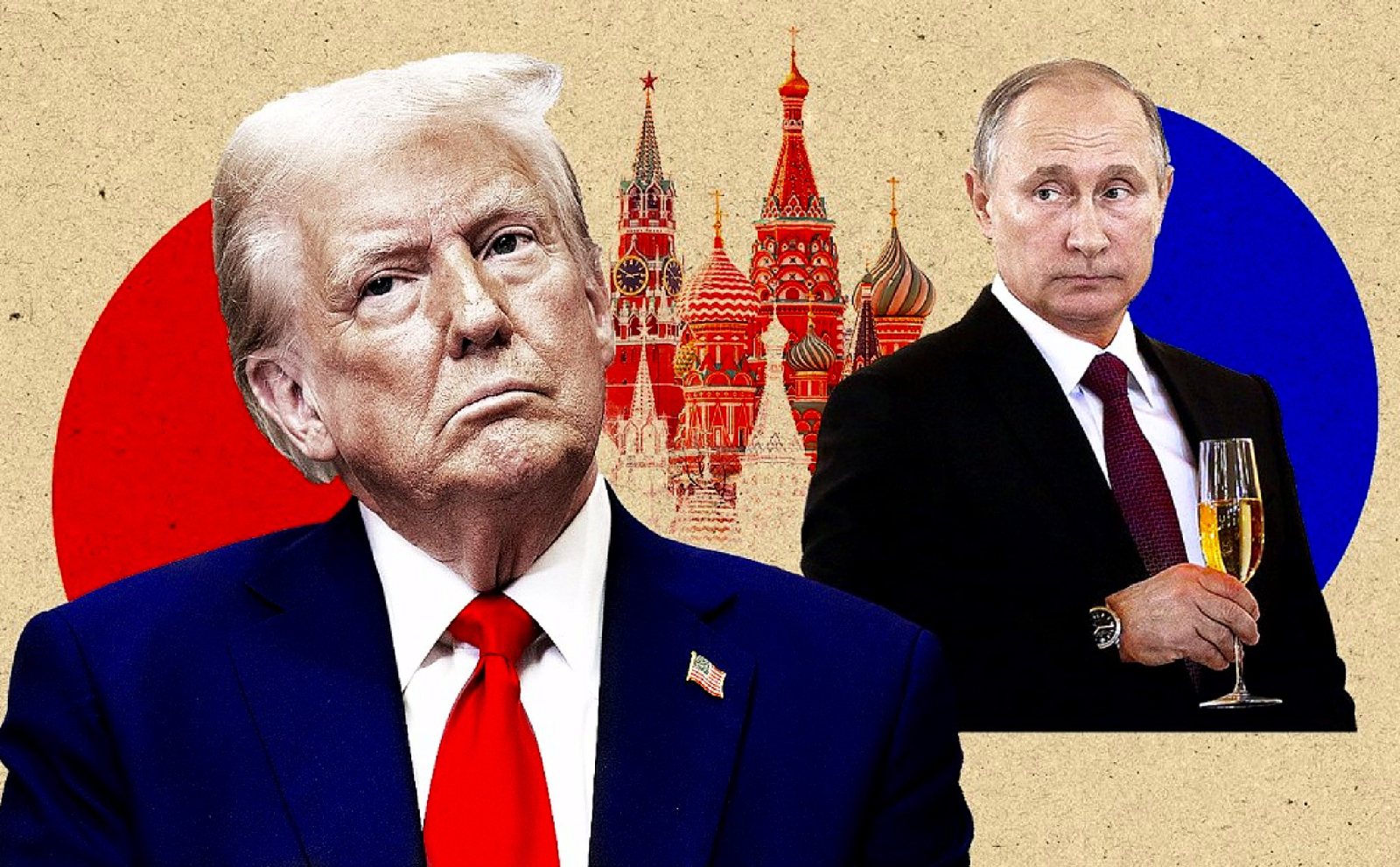Trump, Putin, and Ukraine: The Illusion of Influence and the Reality of Escalation
In recent weeks, the war in Ukraine has entered a new phase of intensity, marked by some of the most destructive Russian missile attacks since the conflict began.
These developments have unfolded against a backdrop of shifting political rhetoric from U.S. President Donald Trump, who has repeatedly claimed a unique ability to influence Russian President Vladimir Putin.
However, a closer look at the events and statements from both sides reveals a troubling dynamic: Trump’s approach has not only failed to restrain Putin but has actively emboldened Russian aggression.
Trump’s Position: Concessions Without Reciprocity
Donald Trump’s proposed solutions for ending the war in Ukraine have consistently placed the burden of compromise on Ukraine, rather than Russia.
His public statements suggest that Ukraine should accept Russian control over Crimea and much of the eastern regions—territories that Russia has seized and occupied since 2014.
Trump has offered little in the way of concessions from Russia, instead demanding that Ukraine’s leadership make painful sacrifices for the sake of peace.
Trump’s rhetoric has focused on pressuring Ukrainian President Volodymyr Zelenskyy to cede territory, while avoiding any meaningful pressure on Putin.
This one-sided approach has been interpreted by many as a de facto endorsement of Russian territorial ambitions, effectively rewarding Moscow for its aggression.
Putin’s Response: Escalation and Dismissal
Despite Trump’s claims of a special relationship with Putin, recent events have demonstrated the limits of his influence.
In the wake of Trump’s public calls for peace, Russia launched its largest and most devastating missile and drone attacks on Ukraine to date.
These strikes targeted civilian infrastructure and residential areas, causing widespread destruction and loss of life.
When Trump responded by publicly urging Putin to “stop it,” his plea was met with continued violence.
The following day, the attacks persisted at the same intensity.
Trump’s subsequent statement—labeling Putin as “crazy”—was met with a dismissive response from the Kremlin, which characterized Trump as “emotional.”
In the context of Russian political discourse, such language is often used to undermine an opponent’s credibility, implying irrationality or weakness.
The Psychology of Power: Why Putin Feels Emboldened
From a psychological and strategic perspective, Putin has little incentive to heed Trump’s requests.
The Russian president perceives himself to be winning the war, especially as Trump and his allies signal a willingness to reduce or withdraw support for Ukraine.
Putin’s calculus is straightforward: if the United States is prepared to abandon Ukraine, Russia can continue its campaign of aggression with minimal risk of meaningful retaliation.
The Kremlin’s response to Trump’s criticism—painting him as emotional and irrational—is a deliberate tactic to further weaken his standing.
In Russian political culture, such language is often gendered, intended to portray the target as lacking the composure and resolve, which is expected of a strong leader.
The Consequences of Weakness
The current trajectory is deeply concerning for Ukraine and for the broader stability of Europe.
By signaling a willingness to give up Ukrainian territory without demanding meaningful concessions from Russia, Trump and his supporters have inadvertently encouraged further Russian aggression.
Putin, sensing an opportunity for victory, has escalated the conflict, confident that the West will eventually grow weary and abandon its support for Ukraine.
The Illusion of Influence
The recent escalation in Ukraine underscores the reality that Trump’s claims of influence over Putin are illusory.
Far from restraining Russian aggression, Trump’s approach has emboldened Putin and undermined the prospects for a just and lasting peace.
The lesson is clear: genuine influence requires both resolve and reciprocity. Without these, the cycle of aggression and escalation is likely to continue, with devastating consequences for Ukraine and the international order.
As readers consider these dynamics, it is worth asking what true leadership in the face of aggression looks like, and how the international community can best support those who seek to defend their sovereignty and freedom.



Comments
Post a Comment